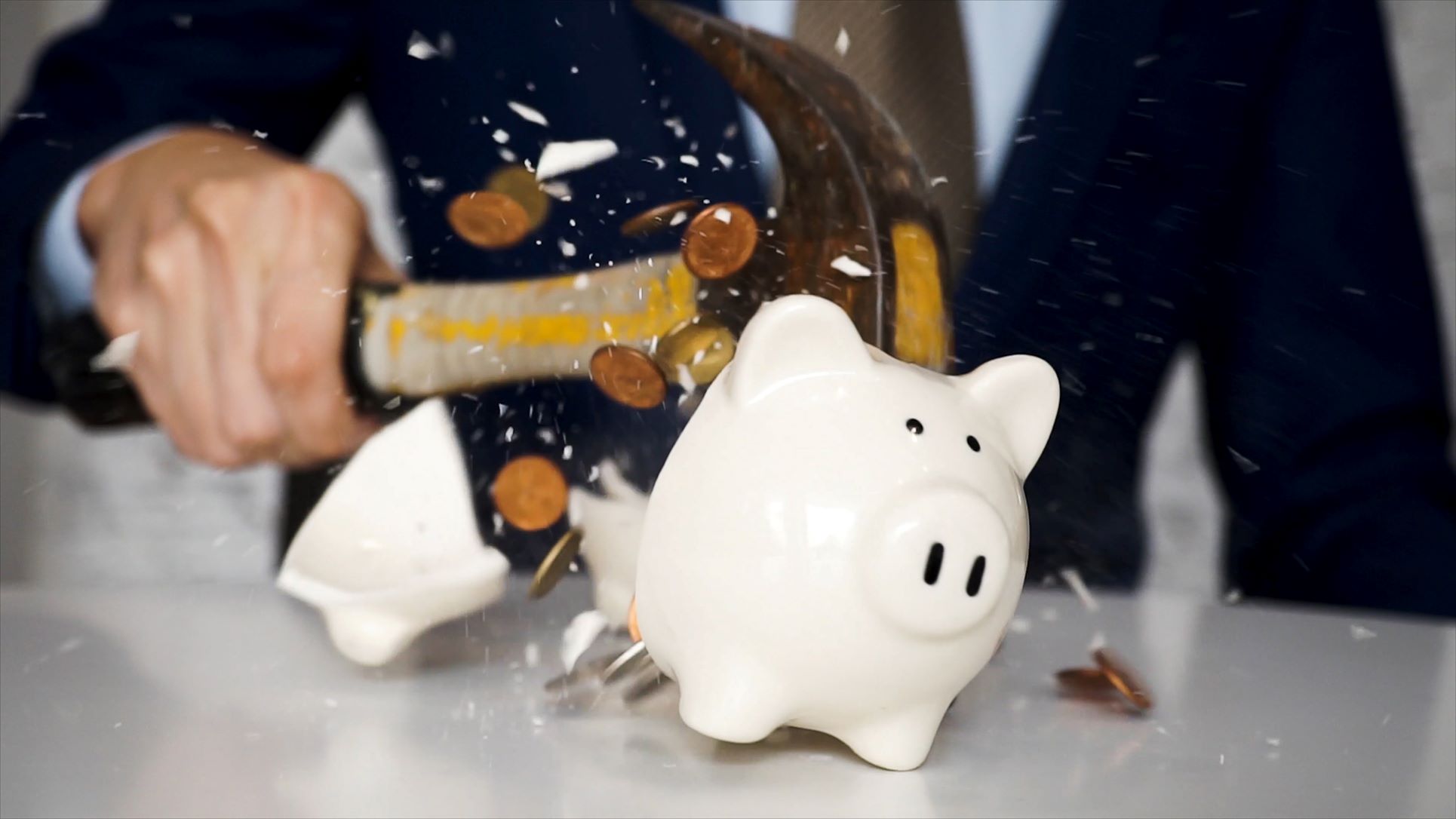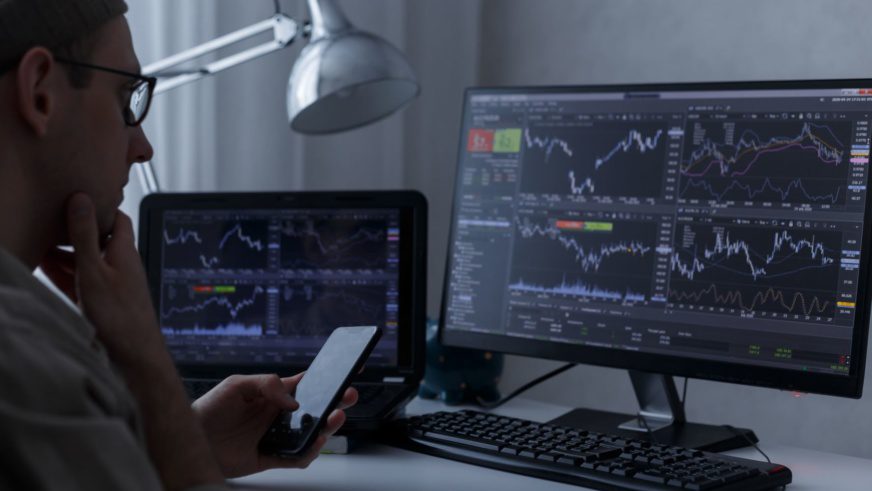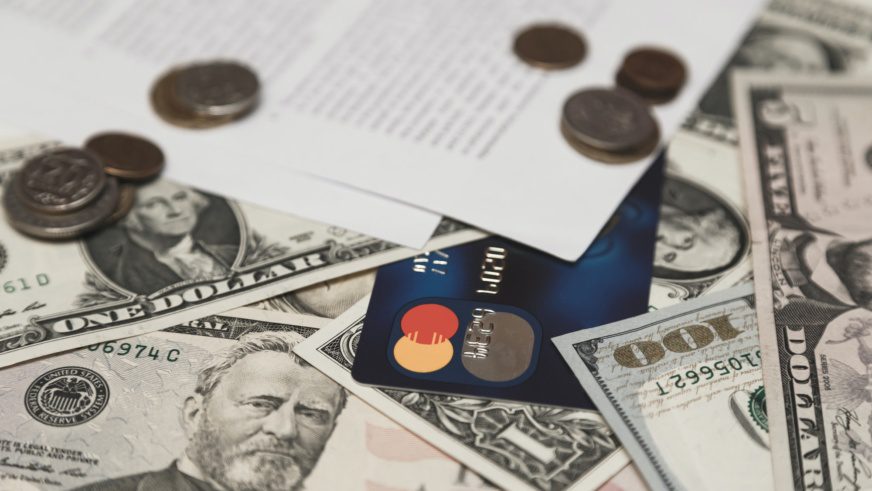
If you’re like most people, you probably don’t have much money saved up. This can be a big problem if you have an emergency, like a medical bill or a car repair. That’s why it’s important to have an emergency fund. An emergency fund is a savings account that you only use for emergencies. It’s a good idea to have at least $500 saved up, but ideally, you should have 3-6 months of living expenses. This may seem like a lot, but it can really help you out if you have a financial emergency.
Building an emergency fund is important, but it can be difficult. If you’re not used to saving money, it can be hard to start. But there are a few things you can do to make it easier.
What is an emergency fund?
An emergency fund is a savings account that you set aside for unexpected expenses. This could include anything from a medical emergency to a car repair. The key is to have the money available when you need it, without having to put it on a credit card or take out a loan.
There are a few different ways to build an emergency fund. One option is to set aside a certain amount of money each month. Another option is to save up your tax refunds or bonuses from work.
You should aim to have at least $500 – $1,000 in your emergency fund, but ideally you would have 3-6 months of living expenses saved. This will help you cover unexpected costs without putting yourself into debt.
Building an emergency fund is an important part of financial planning. It can help you cover unexpected costs and avoid debt. If you don’t have an emergency fund, now is the time to start saving.
Why you need an emergency fund.
We all know that we should have an emergency fund to cover unexpected expenses, but sometimes it can be hard to get started. Here’s why you need to build an emergency fund, and how to get started.
An emergency fund is important because it gives you a cushion to cover unexpected expenses. Everyone has unexpected expenses from time to time, whether it’s a car repair, a doctor’s bill, or a home repair. If you don’t have an emergency fund, these unexpected expenses can quickly overwhelm your budget and leave you in a difficult financial situation.
Building an emergency fund is relatively simple: start by setting aside a few dollars each week or month, and gradually increase the amount you save as your budget allows. Once you have saved up a few months’ worth of living expenses, you’ll be in good shape to weather any financial storms that come your way.
So why do you need an emergency fund? It’s a simple way to protect yourself from financial trouble when unexpected expenses arise. Get started today, and you’ll be glad you did if an emergency comes up down the road.
How much should you save in your emergency fund?
The first step to creating an emergency fund is understanding how much you should save. Depending on your financial situation, you may want to save anywhere from three to six months’ worth of living expenses. If you have a lot of debt or are self-employed, you may want to save even more.
No matter how much you save, the important thing is that you have a plan for how you will use your emergency fund if you need it. For example, you may want to use it to cover unexpected medical bills or car repairs. Or, if you lose your job, you may want to use it to help pay your living expenses until you find another job.
The bottom line is that an emergency fund is an important part of your financial stability. By having one, you can protect yourself from financial hardships in the event of an unexpected setback.
Where should you keep your emergency fund?
If you’re like most people, you probably have a savings account that you use for short-term goals, like a new car or a vacation. But what about long-term savings? An emergency fund is a key part of your financial security, and it’s important to choose the right place to keep it.
There are a few things to consider when choosing a home for your emergency fund. First, you’ll want to make sure it’s easily accessible in case you need to use it. A savings account is a good option, since you can usually withdraw money without any penalties.
You’ll also want to make sure your emergency fund is earning interest, so it can grow over time. A high-yield savings account or a certificates of deposit (CD) are good options for this.
Finally, you’ll want to make sure your emergency fund is safe from unexpected expenses. This means keeping it in a separate account from your other savings goals. That way, if you need to tap into your emergency fund, you won’t have to worry about undoing all your hard work in saving for other goals.
Now that you know where to keep your emergency fund, the next step is to start saving
How to make saving for your emergency fund easier.
We all know that we should have an emergency fund for unexpected expenses, but sometimes it can be difficult to save up for one. Here are a few tips to make it easier.
1. Set a goal.
The first step is to decide how much you want to save. This will help you determine how much you need to set aside each month to reach your goal.
2. Automate your savings.
One of the easiest ways to save for your emergency fund is to automate it. You can set up a direct deposit from your paycheck into a savings account designated for your emergency fund. This way, you’ll never even see the money and it will be there when you need it.
3. Cut back on expenses.
If you’re having trouble saving, it may be time to take a look at your spending. See if there are any areas where you can cut back, such as eating out or entertainment. Just a few extra dollars each month can really add up over time.
4. Make it a priority.
If you want to reach your goal, you need to make saving for your emergency fund a priority. This means setting aside money each month before you spend on non-essentials.
Tips for building up your emergency fund quickly.
If you’re like most people, you probably don’t have much money saved up in case of an emergency. That’s why it’s so important to have an emergency fund to fall back on if something unexpected comes up. Here are some tips to help you build up your emergency fund quickly.
1. Make it a priority.
Saving for an emergency fund should be a top priority. That means you should make it a point to save a certain amount of money each month, no matter what. Even if you can only save a little bit each month, it will add up over time.
2. Automate your savings.
One of the best ways to make sure you save for an emergency fund is to automate your savings. You can do this by setting up a direct deposit from your paycheck into a separate savings account. That way, you’ll never even see the money and you’ll be less tempted to spend it.
3. Set a goal.
When it comes to saving for an emergency fund, it’s important to set a goal. Figure out how much money you want to have in your fund and then make a plan to save that much. This will help you stay on top.
What to do if you need to dip into your emergency fund.
If you find yourself in a situation where you need to dip into your emergency fund, there are a few things you should keep in mind. First, try to only use the money for essentials like food, shelter, and medical expenses. If you can, avoid using it for things like travel or entertainment. Second, make sure to replenish your emergency fund as soon as possible so that it’s there for you when you really need it. Finally, remember that an emergency fund is for just that: emergencies. Don’t use it for everyday expenses or you’ll find yourself in a difficult situation down the road.
Why you should replenish your emergency fund as soon as possible.
If you find yourself in a financial bind, it’s important to have an emergency fund to fall back on. An emergency fund is a savings account that you can use to cover unexpected expenses, like a medical bill or car repair.
Building an emergency fund is a wise financial move, but it can take time. If you find yourself in a bind and need to use your emergency fund, be sure to replenish it as soon as possible. This way, you’ll be prepared for whatever life throws your way.
Wrap-up.
If you don’t have an emergency fund, now is the time to start building one. Here’s why:
1. You never know when an unexpected expense will come up.
2. An emergency fund can help you avoid going into debt if something unexpected happens.
3. An emergency fund can give you peace of mind knowing that you have a cushion if something unexpected happens.
4. An emergency fund can help you weather a financial setback without having to make drastic changes to your lifestyle.
5. An emergency fund can help you avoid expensive payday loans or other high-interest debt options if you need cash in a pinch.
Building an emergency fund is a smart financial move that can help you out if something unexpected happens. Start saving now so you’ll be prepared for whatever comes your way.




